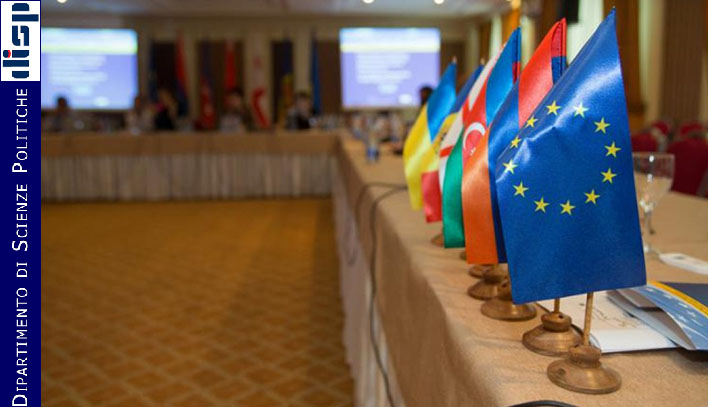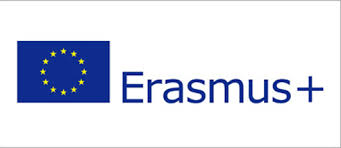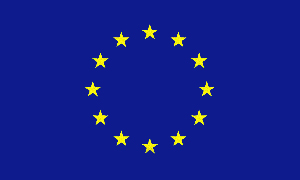JEAN MONNET EUROPEAN MODULE
The EU Neighbourhood Policy: |
 |

PROJECT SUPPORTED BY THE EUROPEAN COMMISSION, EDUCATION, AUDIOVISUAL AND CULTURE EXECUTIVE AGENCY (EACEA)
Project funded by the European Commission, Erasmus + Programme – Jean Monnet Action
PROJECT NUMBER - 553301-EPP-1-2014-1-IT-EPPJMO-MODULE

Introduction
This Module is devoted to the study and in-depth analysis of the European Union's efforts in building the European Neighbourhood Policy (ENP), with a special focus on the experience of the Eastern Partnership (EaP) as well as on recent developments in the Ukrainian crisis.
The themes addressed by the Module contribute to throw light on a very topical issue, which keeps raising questions and bringing about concern within the public opinion. The Ukrainian crisis reveals the significance of the Eastern Partnership not only for national States, but also for European citizens, by involving numerous interests, including security as well as the future of investments, of energy flows and of free movement on the continent.
Instruments
A series of initiatives organised within the Module framework aims at collecting opinions from experts and scholars on these subjects, by taking into account both the Western and the Russian points of view as well as favoring debate and the comparison of different stances.
Other than traditional lectures, Module teaching activities include seminars and tutorials, in which wide space is given to debate and collective discussion of students' papers. The interaction between teaching staff and students, and among students themselves, is strongly supported in order to favor formal as well as non formal learning methods.
Goals
Activities implemented within the framework of this Jean Monnet Module aim at providing students and young professionals with skills as well as specialised knowledge related to the European Union’s purposes, functions and future perspectives, which will prove to be useful in their later educational and professional activities. The central issue of the EU Eastern relations is examined under many different points of view, so to prepare students for numerous postgraduate studies and careers. Addressed themes - from security to trade and economic cooperation, from labour/capital mobility to energy supplies and access to Eastern markets - are currently exerting a major weight on the future political, social and economic perspectives of the EU. The study of the EU Eastern relations therefore provides a key knowledge in several postgraduate studies and careers, as well as in any professional field involving interaction with the Eastern neighbours, such as the energy industry, the internationalisation of SME, the cooperation among intellectuals and medias as well as more general social and educational exchanges.
Different levels of participation to the course
ATTENDANCE CERTIFICATE
The Module implemented by the Department of Political Science is open to all the students of the University of Perugia interested in attending the lessons.
All attending students are entitled to receive a Certificate of Attendance of the European Jean Monnet Module "The EU Neighbourhood Policy: The Eastern Partnership and EU-Russia Relations".
3 ECTS " ALTRE ATTIVITA' "
All students of the Faculty of Political Sciences who will attend the Jean Monnet Module activities (see the program related to the current academic year) are entitled to obtain 3 ECTS " Altre Attività".
6 ECTS
All students of the three-year degree and students of the master's degree in International Relations who will attend the Jean Monnet Module activities (see the program related to the current academic year) are entitled to obtain 6 ECTS.
Copyright 2014-2017
MODULO JEAN MONNET
saratavani@gmail.com
Dipartimento di Scienze Politiche, Università degli Studi di Perugia
Via Pascoli n. 20, 06123, Perugia

